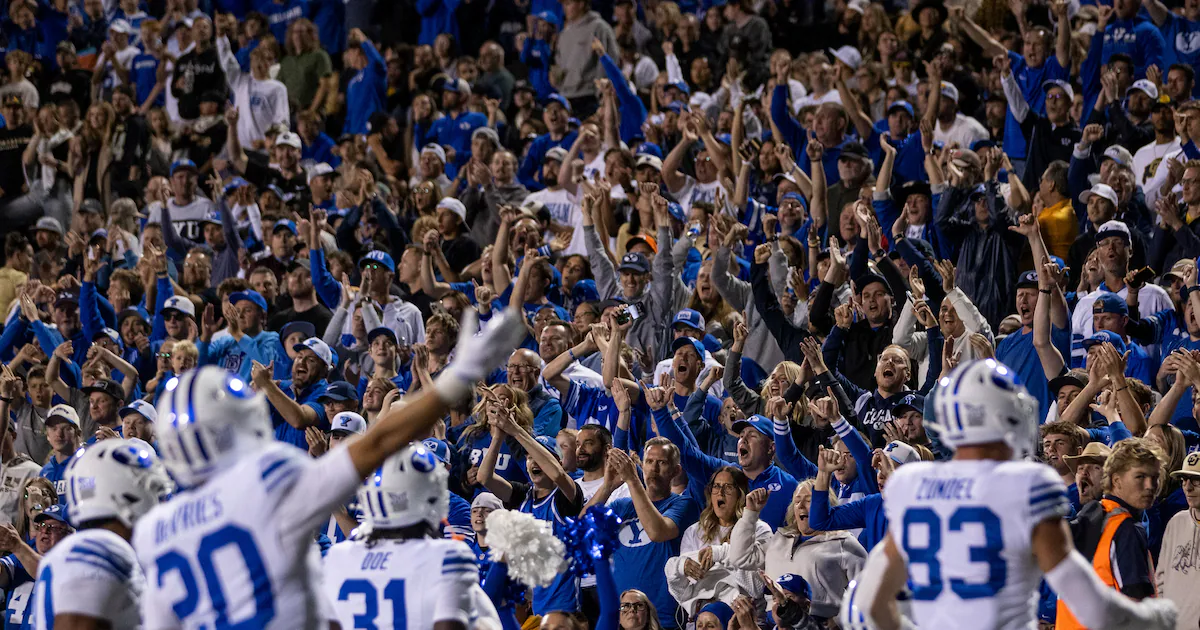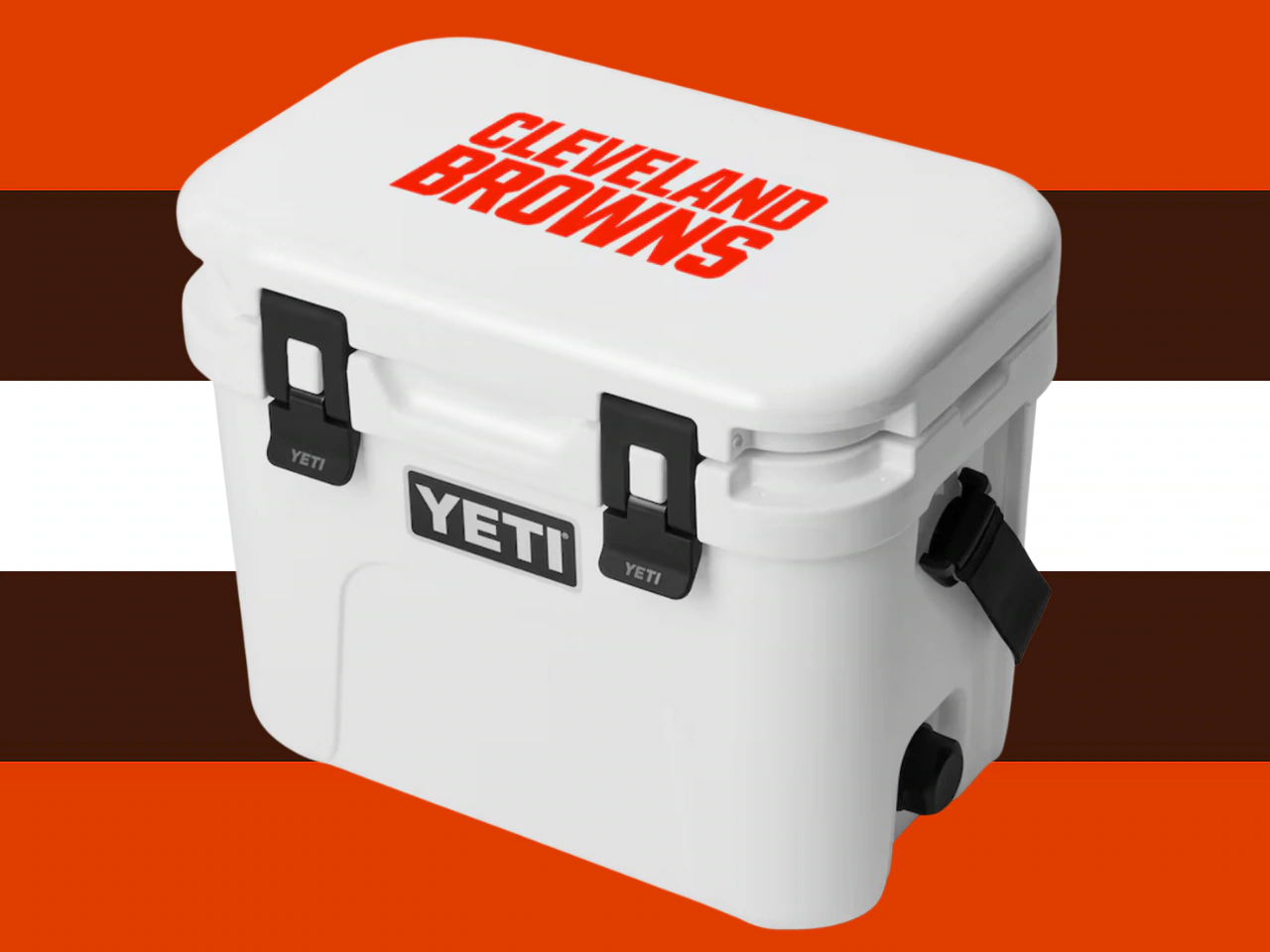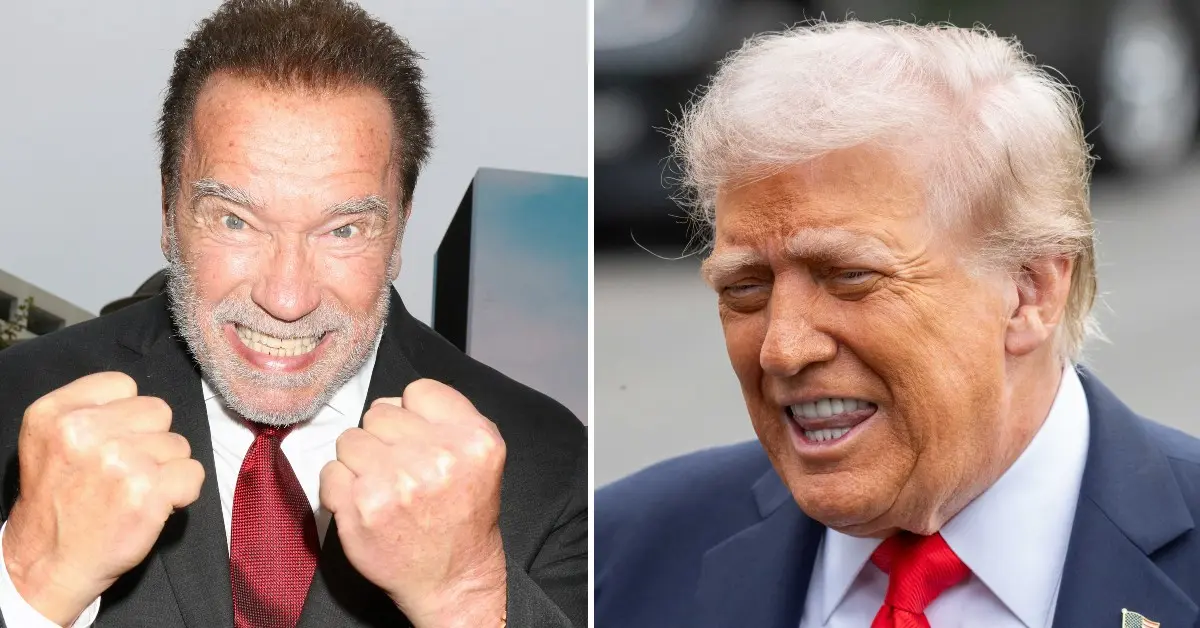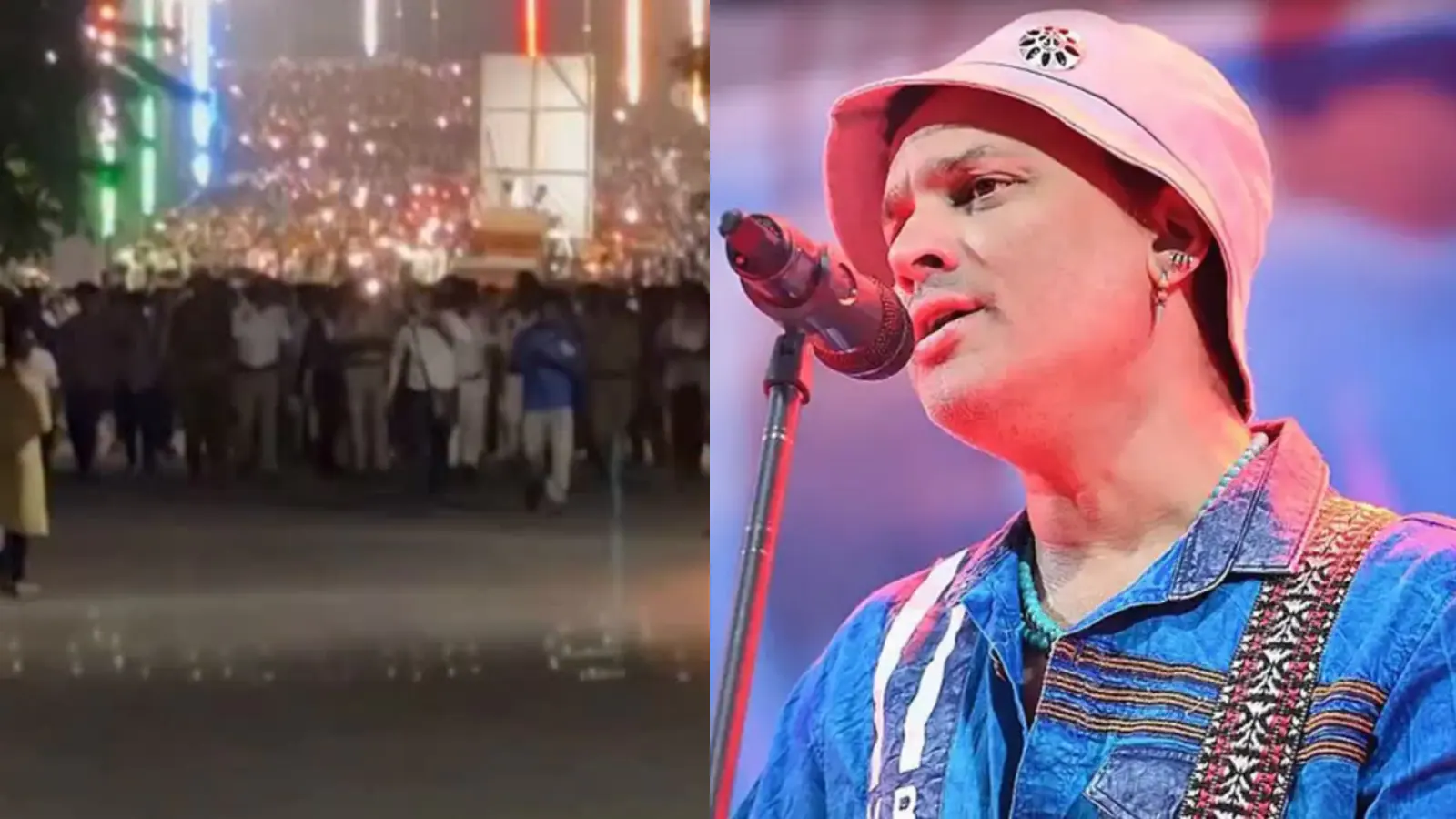
BOULDER, Colorado — When BYU took the field against Colorado Saturday night in Boulder, it marked the Cougars’ first visit to Folsom Field since 1981.
Wait, what?
Yes, BYU and the Buffaloes have only been back in the same conference for a year — the two schools were previously Rocky Mountain and Skyline Conference members together from 1922-47 — but given that they come from neighboring states, it’s still a bit surprising that they don’t share much modern day history.
In fact, Saturday wasn’t just BYU’s first trip to Boulder since ‘81 — it was the Cougars’ first regular season matchup against Colorado since then.
BYU played the Buffaloes in the 1988 Freedom Bowl and again in last year’s Alamo Bowl, where Kalani Sitake’s squad won in convincing 36-14 fashion.
Colorado joining the Big 12 not only brings the Cougars and Buffaloes into each other’s lives again, but it’s a big deal for local BYU fans in the Centennial State who can see their team without traveling too far — a luxury that had largely disappeared after the Cougars left the Mountain West Conference more than a decade ago and stopped playing Colorado State regularly.
“Growing up, I was always wishing that Colorado would play BYU because I wanted to see both teams play more often,” said BYU alumna McKayla Chambers, who actually grew up in Colorado as a Buffaloes fan. “Now that they are playing each other, it’s kind of a tear. Do I cheer for my childhood team and make my dad proud, or do I root for my alma mater and go with my roots?
“… I was always jealous that CU always played Utah (in the Pac-12), but it was always easy to cheer for CU in that situation. I’m grateful that (BYU and Colorado) are closer now.”
Since accepting an invitation to the Big 12 in 2021, various on-field exploits have led to BYU forging new relationships with teams around the league such as Baylor or Arizona State. While no one will ever touch Utah’s archrival status in Provo, it definitely feels like there have been seeds planted for other secondary Cougar rivalries to add more juice to different matchups.
Considering BYU’s thumping of Colorado in the Alamo Bowl last year, the proximity of the two schools and some online trash talk during game week, I assumed that there might be some sort of early angst toward the Cougars brewing for Buffaloes fans.
I spent Saturday afternoon before the game wandering around Boulder chatting with as many Colorado fans as I could find — all of them refused any sort of formal interview, oddly enough — regarding their feelings about BYU.
Of everyone I spoke to and everything I gathered, one line from a fan in his late 20s stood out:
“Do people really think we care about BYU?”
According to pretty much all of the Colorado fans I spoke with, the Alamo Bowl result didn’t do anything to change their opinion of BYU. There was no anger or frustration about losing to the Cougars. If anything, it was sadness or disappointment that the college careers of Shedeur Sanders and Travis Hunter ended in a blowout loss.
Buffaloes fans didn’t believe they were in the market for any sort of new rival. Legacy rivalries with Nebraska and Colorado State had all but dried out, and the Pac-12’s “Rumble in the Rockies” series label with Utah felt “forced” and “awkward” to most.
As much as a rivalry with BYU seemed to add up on paper, it just didn’t register like that for Colorado fans. Of course, the Colorado faithful loves Deion Sanders, and as one fan pointed out, “He sure loves BYU, doesn’t he?”
For those backing BYU blue, the feeling is mutual. “He’s a great coach and a great person,” Chambers said of Sanders. “I love how he’s a man of God and really puts his faith forward for people to see that he believes in God and worships our Savior.
“I think that transforms his team to be confident in knowing that they can do all things through Christ. He’s a great leader in that way.”
Though Colorado fans didn’t seem to see the rivalry vision, BYU fans largely agreed that future Cougars-Buffaloes showdowns could eventually start carrying such intrigue.
“It definitely has the potential to blossom into something like (a rivalry),” said BYU fan and Denver-area resident Derek Zaugg. “It will never be at the level BYU-Utah is, nothing will be and should be. … But unlike the Utes, the Buffs are happy to be in the Big 12 and realize the Pac-12 was a dying breed.
“I think the Buffs are happy to be in the conference and are still trying to get the respect there that they deserve, and beating BYU, especially how they’ve been in the past few years, that would be a marquee win (for Colorado).”
As I headed to the Folsom Field press box to watch the game after my afternoon among Buffs nation, I thought to myself, “Well, I guess this whole rivalry idea was just a BYU thing. Maybe tonight won’t be as intense as I thought.”
I was wrong.
Perhaps something changed between the time of my interactions with Colorado fans and kickoff, because everything at Folsom sure felt like a rivalry environment. I was frankly stunned by the loudness and venom.
There were derogatory chants and religious slurs pouring out from the Colorado student section at various times throughout the night, with the ESPN broadcast mics even picking them up once or twice.
Some of the 5,000-plus BYU fans in attendance told me afterward that it was among the most hostile home crowds they’d encountered of years going to games. Many said there were enough friendly fans to ensure no one felt unwelcome, but the aggressiveness of others was hard to shake.
The boisterous Folsom crowd couldn’t stop the Cougars, however, as Bear Bachmeier and company rallied back from an early 14-point hole to earn a gutsy, dramatic 24-21 victory to the dismay of Buffaloes fans.
Aside from the vulgar chants — which are nothing new for BYU but still have no place in college sports — I didn’t personally witness anything from Colorado fans that I felt crossed any lines. They acted exactly how one would during a rivalry game.
But that surprised me after so many of them had expressed that it wasn’t a rivalry to them. Maybe it became one over the course of the night.
BYU and Colorado have now participated in two memorable games together over the past year — the Cougars won big in the first with more than 8 million television viewers tuned in, and the Buffaloes blew a sizable lead on their home field to lose the second. Maybe that’s enough to change the series dynamic for fans.
But since the two teams won’t play each other in the regular season until 2027, I guess we won’t really know for another two years — unless Coach Prime and the Cougars meet in a Big 12 title game before then.



